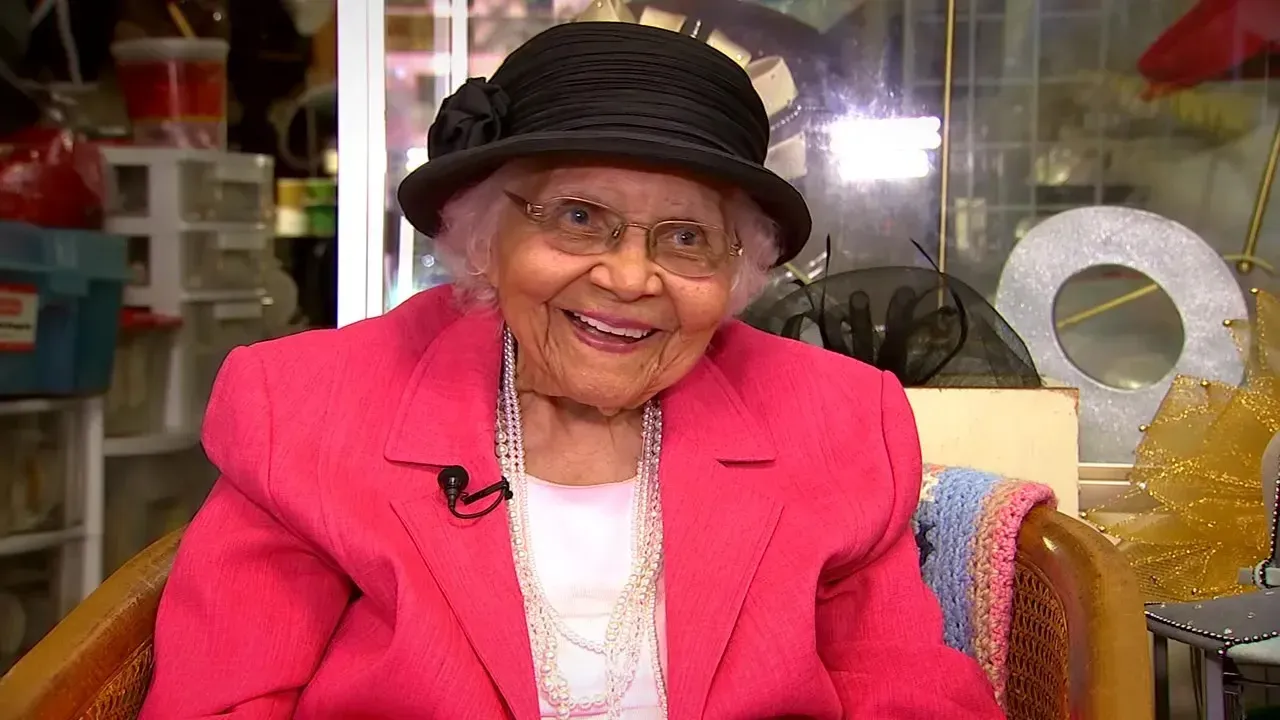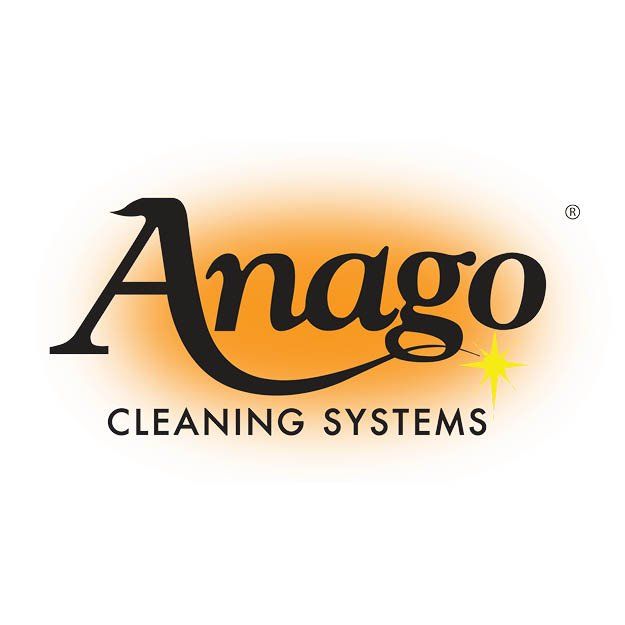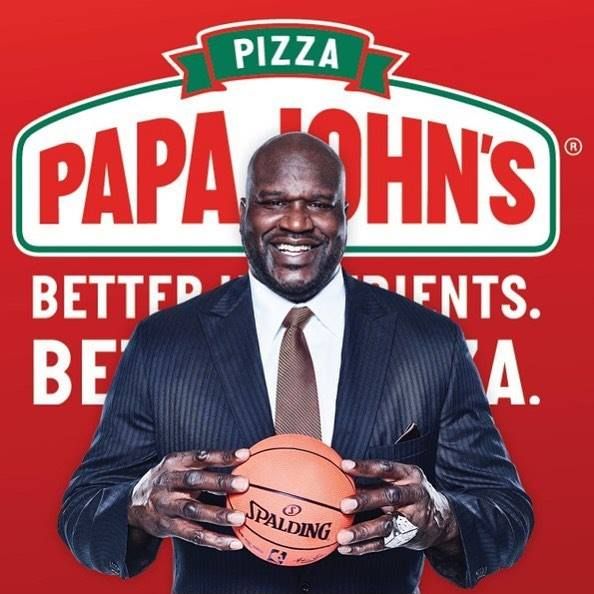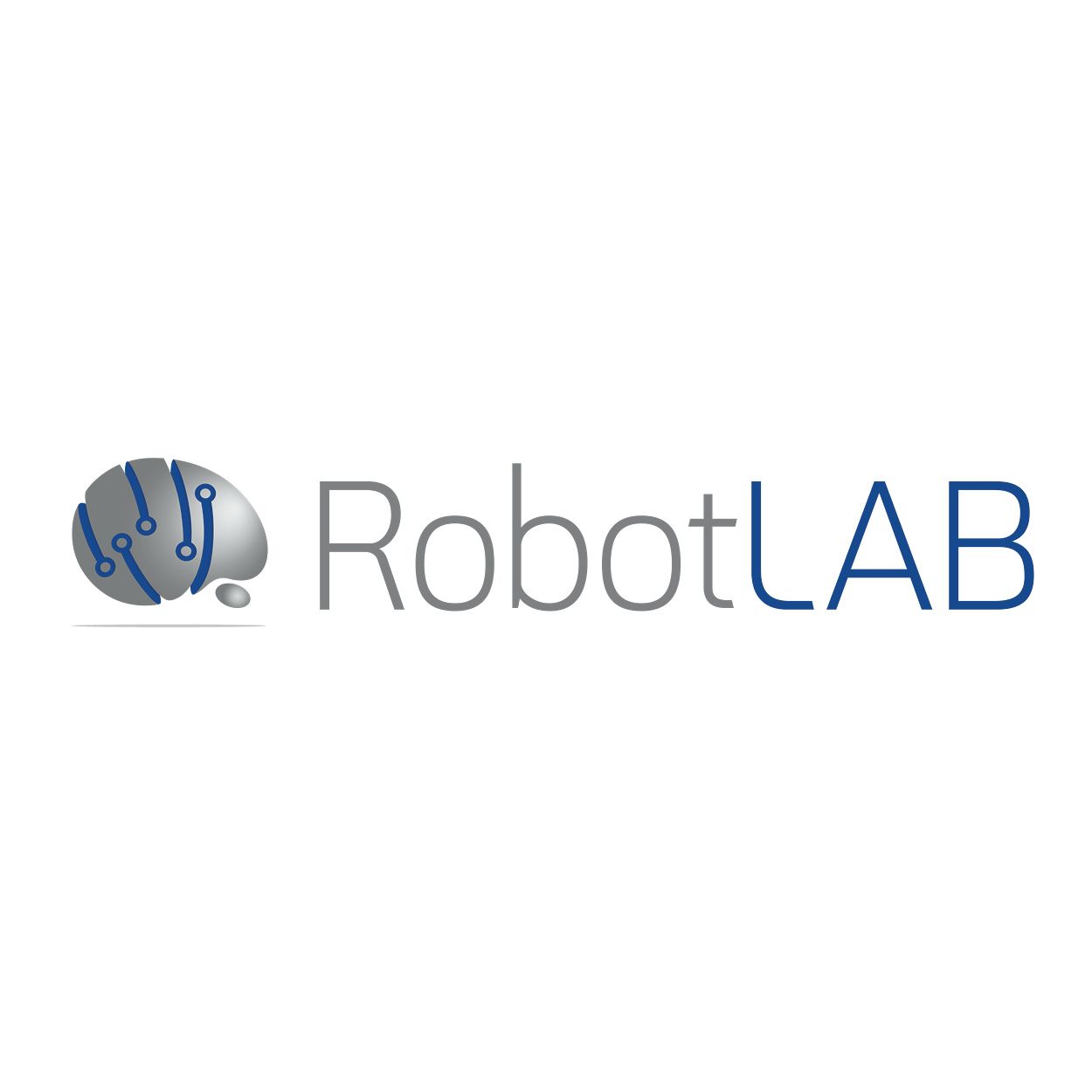Robots in Healthcare and Assisted Living: Enhancing Care and Cleanliness
In recent years, robotics have moved from the realm of science fiction into everyday reality, especially in healthcare and assisted living. These advanced machines are stepping into roles that keep environments sanitized, deliveries steady, and human caregivers focused on more critical, compassionate tasks.
Hospital & Healthcare Applications
In healthcare settings, maintaining hygiene is paramount. Robotic floor scrubbers and vacuums operate tirelessly, reducing hospital-acquired infections and cutting labor costs,allowing staff to prioritize patient care.(1851 Franchise,RobotLAB) Delivery robots also autonomously transport food, medical supplies, and lab specimens, ensuring prompt and contactless logistics.(RobotLAB)
During the COVID‑19 pandemic, UV‑disinfection robots emerged to safely sanitize rooms without human contact. They have since expanded into hospitals, schools, and offices.(RobotLAB) Newer humanoid robots like Diligent Robotics’ Moxi,deployed in over 30 U.S. hospitals,handle routine "hunting and gathering" tasks, freeing nurses to spend more time with patients.(Financial Times) These “busy‑work” roles are especially important amid growing staff shortages: by 2028, the U.S. may face up to 100,000 critical healthcare vacancies.(Financial Times) While patient‑facing automation remains limited, robots are increasingly accepted in supportive capacities, especially when union concerns focus on preserving clinical roles.(Financial Times)
Assisted Living: Cleaner, Safer, More Independent
In assisted living settings, robotic systems enhance both safety and quality of life. Floor‑cleaning robots provide quiet, continuous cleaning that doesn’t interrupt residents’ routines or sleep, while security robots equipped with motion detection, facial recognition, and night‑vision boost facility safety and curb appeal.(RobotLAB) Delivery robots integrated with elevators can bring meals, meds, or essentials directly to residents’ rooms, minimizing human contact and delays.(RobotLAB)
Robots also support telehealth,enabling in‑room video communication with family or healthcare providers, and saving on travel and missed appointments.(RobotLAB) For residents with dementia, AI‑driven companion robots offer cognitive stimulation, emotional support, and real‑time safety monitoring.(RobotLAB)
RobotLAB: A Franchise Driving the “Last Mile” of Robotics
At the forefront of this revolution is RobotLAB, a company founded by Elad Inbar, headquartered in Dallas and unique in being the only franchised robotics integrator in the U.S.(Wikipedia) RobotLAB distributes and supports robots such as Pepper, Nao, CC1(cleaning), and others, across industries like education, healthcare, hospitality, and retail.(Wikipedia)
RobotLAB’s franchise model is its key innovation,a powerful synthesis of technology and local entrepreneurship. Within two years of launch, RobotLAB has grown to 36 franchises covering nearly 90 territories, demonstrating both demand and scalability.(1851 Franchise) This "last‑mile" approach means businesses can quickly access robotics with local deployment, hands‑on training, and maintenance,crucial for sectors like assisted living that benefit from responsive, community‑based service.
For example:
- CC1, the autonomous cleaning robot, vacuuming common spaces and rooms, runs quietly even at night and delivers consistent cleanliness with minimal oversight.(RobotLAB)
- The
Phantas cleaning robot
is a sophisticated 4‑in‑1 system (vacuum, scrubber, squeegee) that follows AI‑based routes and uses water efficiently.(RobotLAB)
- RobotLAB also offers solutions like
CleanBot
and
CC201, with advanced obstacle avoidance, large‑scale coverage, self‑recharging, and proof‑of‑performance analytics,ideal for assisted environments.(RobotLAB)
Beyond cleaning, RobotLAB facilitates telepresence, interactive humanoid assistance, education, and telehealth,coupled with on‑site service, training, content, and preventive maintenance.(RobotLAB)
This franchise‑plus‑tech strategy offers several benefits:
- Local entrepreneurs bring robotics into their communities,enhancing trust and service reliability.
- Businesses reduce reliance on centralized support: prompt response, system integration, and financing options are available.(1851 Franchise,RobotLAB)
- Assisted living facilities and hospitals gain efficiency and safety through robots, while local franchisees ensure smooth implementation.
Looking Ahead: Robotics Enhancing Human Care
RobotLAB’s model showcases how robotics can bring practical transformation to healthcare and senior care,from sterile, efficient cleaning to seamless deliveries and compassionate companionship. By decentralizing robotics through franchising, Inbar isn’t just selling machines,he’s enabling scalable, localized, high-touch automation.
As demand for these technologies grows amid workforce shortages and aging populations, RobotLAB stands out by ensuring robotics are not just cutting-edge, but accessible, dependable, and tailored to the communities they serve.
Robots are increasingly vital in healthcare and assisted living, for cleaning, delivery, hygiene, telehealth, and mental engagement. RobotLAB, led by CEO Elad Inbar, is pioneering a franchise-driven "last-mile" deployment that marries high-tech robotics with the agility and reach of local business, revolutionizing how communities deliver smarter, safer care.
Case Study: How RobotLAB is Transforming Assisted Living Facilities with Robotics
Client Bckground
RobotLAB worked with a 120-bed senior care community in the South East. The facility faced persistent challenges:
- Staff shortages, particularly in cleaning and routine delivery tasks.
- Increased resident vulnerability to infections, requiring higher hygiene standards.
- Rising operating costs and high staff turnover.
Management sought a solution that would maintain high safety and cleanliness standards while allowing staff to focus on providing personal care and engagement with residents.
The Challenge
- Sanitation Pressure: Regular deep cleaning and disinfection required significant manpower.
- Labor Shortage: Recruiting and retaining custodial staff was increasingly difficult.
- Resident Expectations: Families demanded higher transparency about safety, hygiene, and care quality.
The leadership team needed a scalable, reliable, and cost-effective solution that could run continuously and reduce dependence on manual labor.
The Solution: Partnering with RobotLAB
In 2024, the facility partnered with RobotLAB to address their challenges. The facility adopted a multi-robot package from RobotLAB that included:
- R3 Autonomous Vacuum Robot: Provided daily vacuuming of common areas and resident corridors.
- CC1 4-in-1 Cleaning Robot: Performed deep cleaning, scrubbing, and disinfection in kitchens and dining halls.
- Delivery Robots: Integrated with elevators to deliver meals and medication trays directly to resident rooms.
- Telepresence Robots: Enabled virtual visits with healthcare providers and family members, improving engagement for residents with mobility challenges.
RobotLAB’s local franchisee provided training, setup, and ongoing preventive maintenance, ensuring seamless operation and quick response times.
Implementation
- Phase 1 (30 days): Deployment of R3 and CC1 robots for corridor and common space cleaning. Staff were trained on monitoring and data reporting functions.
- Phase 2 (60 days): Integration of delivery robots with elevator systems. Pilot test conducted with the kitchen and pharmacy staff.
- Phase 3 (90 days): Expansion into full facility coverage, including night cleaning schedules and telepresence units in 20 resident rooms.
RobotLAB’s franchise model allowed immediate, on-site support, which was critical during integration and staff training.
Results
After six months of operation, Sunrise Haven reported measurable improvements:
- Labor Efficiency: Reduced reliance on custodial overtime by 40%.
- Resident Experience: Families praised the use of technology for transparency and safety; telepresence robots increased resident-family and resident-doctor communication by 30%.
- Staff Morale: Caregivers reported more time available for direct resident interaction and emotional support.
Financial Impact: Estimated
annual savings of $85,000
in labor costs, with a return on investment projected within 18 months.
Why RobotLAB?
- Franchise Model Advantage: Local presence ensured responsive service, hands-on training, and culturally attuned support.
- Scalable Solutions: RobotLAB’s product range covered multiple operational needs,cleaning, delivery, security, and engagement.
- Focus on the “Last Mile”: Unlike traditional tech providers, RobotLAB bridges the gap between advanced robotics and practical, everyday use in community-based facilities.
Client Testimonial
"RobotLAB gave us more than machines,it gave us time back with our residents. Our families feel safer, our staff feels supported, and our facility runs more smoothly than ever before."
— Executive Director
Conclusion
RobotLAB’s integration of cleaning, delivery, and telepresence robots transformed Sunrise Haven into a safer, more efficient, and more resident-focused facility. By combining robotics with a franchise model, RobotLAB ensures the technology is not only cutting-edge, but also locally supported, reliable, and scalable.
This case highlights how healthcare and senior living facilities across the U.S. can leverage RobotLAB to overcome labor shortages, reduce costs, and improve quality of care,ushering in a new era of technology-enabled caregiving.
About the Author
Michael Stavrinakis is an Award Winning and #2 Consultant 2023 & 2024. Contact Michael at mstav@thefranchiseconsultingcompany.com.












